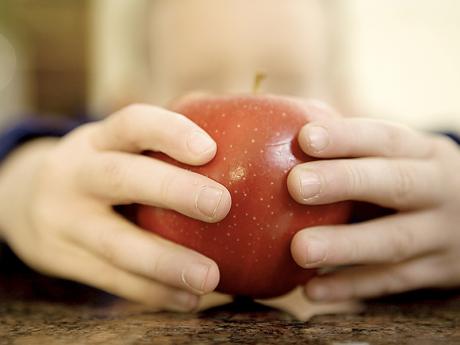Parenting children to eat right
Marsha N. Woolery Healthy Eating & Diet
It's a parent's responsibility to take care of a child's physical needs, which include providing age-appropriate food and drink. The Ministry of Education, Jamaica celebrates Parent Month in November under the theme 'Parent the right way: start listening to your child today'.
A child should be fed in a clean and safe environment and taught how to make healthy food choices from an early age. Between age two and 11, children should have healthy eating habits so they can achieve optimal physical and cognitive development, healthy weight and height. Healthy eating also reduces the risk of developing diabetes, high blood pressure, heart disease, certain types of cancer and anaemia.
Children are like sponges; they absorb everything in their environment, whether good or bad, and should be treated as individuals who are able to discuss food likes and dislikes.
Good nutrition starts at birth
Breastfeeding, a natural process that should start within the first hour after birth, and if not possible, an appropriate breast milk substitute is recommended. All parents desire their children to grow healthily and interact appropriately with others, but this cannot be achieved without proper nutrition. So how does a parent raise healthy children? The role of a parent is to provide guidance, direction and to help children but this is effective if parents listen to the verbal and non-verbal cues of their children.
A seven-month-old infant may not talk to indicate being full or satisfied but will seal lips and turn head away when offered more food. A seven-or 17-year-old may verbally refuse food but it's the parents' role to listen to the reason for refusal and discuss the matter with the child and not impose personal views, likes or dislikes. Parents should practise making healthy food choices by eating a variety of foods from the six Caribbean food groups at all times. Children live what they learn, and parents are the first teachers.
Children imitate the actions of their parents. A parent who does not eat callaloo or drink water may have difficulty getting children to eat callaloo or drink water.
No snacks before mealtime
Boundaries must be set by parents, such as no snack before mealtime, no television watching, playing or casual activity during mealtime. Mealtime should be in a healthy environment with positive talk. This is a good time to plan meals or talk about food likes and dislikes. Parents should be patient and understanding.
A child will not like all food items, hence the need to offer a variety of foods from each food group to ensure balanced nutrition. For example, if a child does not eat callaloo, the same major nutrients, iron and fibre, are found in pak choi or dried peas and beans.
Parenting involves teaching our children the importance of choosing positive friends, developing good study habits, choosing healthy sexual practices but few instil the value of making healthy food choices for health, wellness and longevity.
Marsha N. Woolery is a registered dietitian/nutritionist in private practice and adjunct lecturer at Northern Caribbean University; email: yourhealth@gleanerjm.com.

